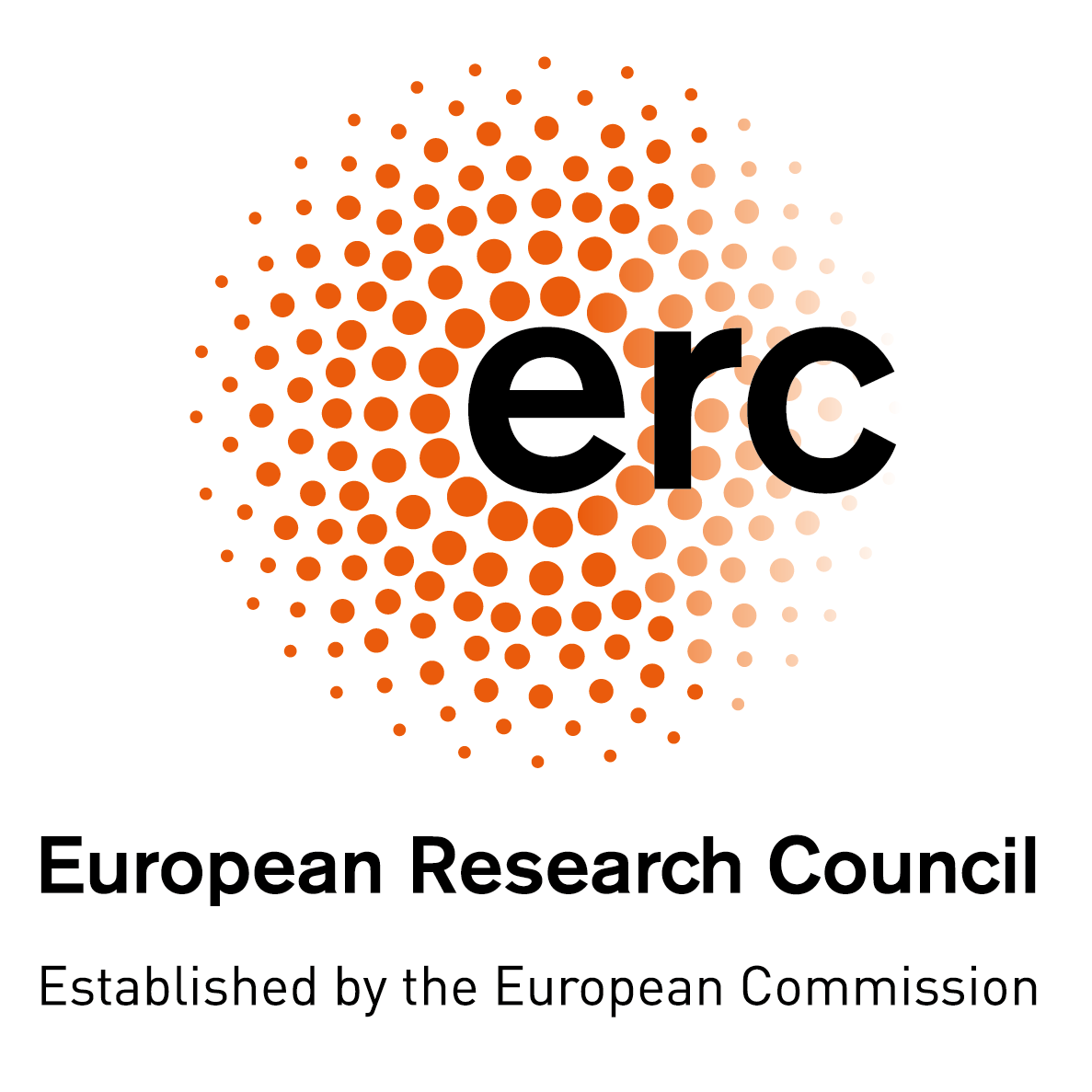April 12–13, 2021
Heidelberg University
heiCONF: https://heiconf.uni-heidelberg.de/exuc-jpn6-7dzj-upyh
Registration: ivan.sablin@zegk.uni-heidelberg.de
Focusing on the histories of one-party (single-party) regimes in Eastern Europe, East Asia, and West Asia in the twentieth century, the workshop will explore the appropriation of the government’s role by extraconstitutional organizations and their claims to alternative paths to modernization in global and comparative contexts. The workshop will address the geneses of one-party regimes, the roles of socialism and nationalism in the parties’ approaches to modernization and state-building, the constitutions and deliberative practices, the issues of diversity (such as gender, class, ethnicity, and region), as well as crises and liberalization attempts in China, Czechoslovakia, Japan, Korea, the Soviet Union, Turkey, Yugoslavia, and other postimperial and postcolonial polities. The workshop seeks to stimulate the dialogue between historians, political scientists, and other scholars working on the named contexts and to breach the divide between different area studies.
Day 1 (Monday, April 12, 2021)
Panel 1: Parliamentarism and the Dawn of One-Party Regimes
13:00–14:30 Heidelberg; 19:00–20:30 Hong Kong; 17:00–18:30 Tyumen
Chair: Kyonghee Lee (Heidelberg University)
Ernest Leung (Chinese University of Hong Kong) and Yan Quan (Shanghai University) – The Anfu Club Regime and the Chinese Parliament, 1917–1920: The First Single-Party State in East Asia and the Origins of Developmentalist Authoritarianism
Timofei Rakov (Tyumen State University) – Parliamentarism in One Party: The Trade Union Debate of 1921 in the Bolshevik Party as a Semi-Parliamentary Practice
Egas Moniz Bandeira (Max Planck Institute for Legal History and Legal Theory, Frankfurt am Main) and Bruce Grover (Heidelberg University) – Aspirations for a Mass Political Party in Pre-war Imperial Japan: Debates concerning the Imperial Rule Assistance Association and the Concordia Association of Manchukuo, 1931–1945
Panel 2: Nationalist One-Party Regimes
15:00–16:00 Heidelberg; 09:00–10:00 Columbus, OH
Chair: Aysegül Argit (Heidelberg University)
Christopher A. Reed (Ohio State University) – Competing with the Marketplace: The Chinese Nationalist Party’s Department of Propaganda and Its Political Publishing Program, 1924–1937
Alexander Balistreri (University of Basel) – Trying to “Keep up with the Tempo of Revolutionary Turkey”: Turkey’s One-Party Regime and Land Reform in the Northeast, 1930s–1940s
Panel 3: Importing and Exporting One-Party Regimes
17:00–18:30 Heidelberg; 11:00–12:30 Rochester, MI
Chair: Matthias Koenig (Heidelberg University)
Vsevolod Kritskiy (University of Amsterdam) – The Communist International in 1920–1923: A Party of Parties in Conversations with Interwar Internationalisms
Paul Kubicek (Oakland University) – Importing and Exporting Ideas of Nationalism and State-building: The Experience of Turkey’s Republican People’s Party, 1923–1950
Ivan Sablin (Heidelberg University) – Empire of Parties: Constitution-Making in Soviet Eastern European, East Asian, and Inner Asian Dependencies, 1945–1955.
Day 2 (Tuesday, April 13, 2021)
Panel 4: State Socialism and Nationalism in East Asia
12:00–13:30 Heidelberg; 11:00–12:30 London
Chair: Egas Moniz Bandeira (Max Planck Institute for Legal History and Legal Theory, Frankfurt am Main)
Long Yang (University of Oxford) – Militarization, Provisional Institutions, and the Making of Modern Chinese Bureaucracy, 1929–1966
Natalia Matveeva (SOAS University of London) – From Revolutionary Comrades to Mothers of the Nation: The Workers’ Party of Korea’s Approach to the Role of Women in the 1950s–1960s
Kyonghee Lee (Heidelberg University) – The Dawn Before the One-Party Dominance: South Korea under the Supreme Council for National Reconstruction, 1961–1963
Panel 5: Trajectories of One-Party Regimes in Europe
14:00–15:30 Heidelberg; 15:00–16:30 Kharkiv
Chair: Tanja Penter (Heidelberg University)
Kateryna A. Yeremieieva (Ukrainian State University of Railway Transport) – Dying Voice: Crisis of the Soviet Party Press in the Late 1980s
Jure Gašparič (Institute of Contemporary History, Ljubljana) – Nine Parliaments, One Party: Yugoslav Federation and the Concept of One Ruling Party in its Final Hour
Adéla Gjuričová (Institute of Contemporary History, Czech Academy of Sciences) – The Vanguard’s Changing Tempo: Communist Party of Czechoslovakia and Government Institutions, 1921–1990



